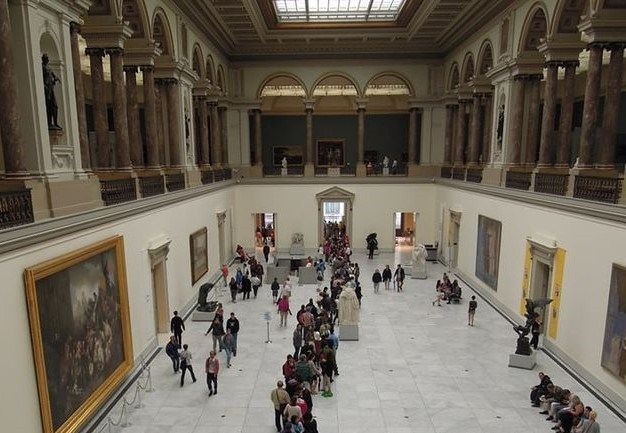A British study on the relation between arts engagement and mortality showed that such engagement could have a protective association with longevity in older adults.
People going to museums, art galleries, exhibitions, the theatre, concerts, or the opera once or twice a year had a 14% lower risk of dying during a follow-up period.
Those who engaged with arts activities on a more frequent basis (every few months or more) had a 31% lower risk of dying, independent of demographic, socioeconomic, health related, behavioural, and social factors.
The study was published on Christmas in The BMJ, formerly the British Medical Journal, by Daisy Fancourt and Andrew Steptoe, two professors in psychology and epidemiology at the department of Behavioural Science and Health, University College London, London. In their study they followed 6 710 people aged 50 years or above during a 14 years period.
The starting point in the study was previous health research where arts engagement could be linked to longevity by alleviating chronic stress and depression, and providing emotional, cognitive, and social coping resources.
The authors focused specifically on receptive arts activities, including going to the theatre, concerts, opera, museums, art galleries, and exhibitions (but not cinema). They were however unable to assess the potential overlap with active participation in arts activities and this remains to be explored.
After sensitivity analyses, the authors found that the associations between arts engagement and longevity were consistent when adjusted for any mobility problems and socioeconomic status.
When considering what could explain this remaining association, they write that research has suggested that arts engagement builds social capital, which improves people’s access to knowledge and resources, and could help with successful ageing.
Further possibilities are that arts engagement improves a sense of purpose in life, helps with the regulation of emotions and thereby enhances coping, supports the buffering of stress, and builds creativity, which improves people’s ability to adapt positively to changing life circumstances.
The study does not say whether arts engagement should start at an early age but that probably goes without saying.
The Brussels Times

